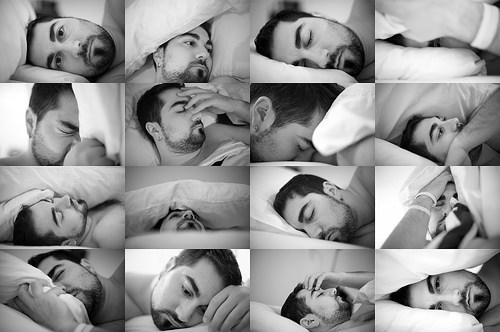
What's Insomnia And What Are The Most Common Causes Of It
Insomnia is nothing more than an inability to obtain restorative sleep. The causes of insomnia are almost as numerous as the people who have it. Acute insomnia is caused by noise or light. As we'll cover in more detail later, even a tiny amount of blue light can keep the brain active so that sleep is impossible. Primary insomnia, or psychophysiologic insomnia, occurs when sleeplessness becomes a habit, often when people mistakenly believe that they can catch up on sleep on weekends. Insomnia can be caused by medical conditions, including any condition that forces you to get up in the middle of the night to go to the bathroom, asthma, allergies, colds, flu, restless legs syndrome, and any condition of chronic pain. Insomnia can be caused by psychiatric illness, or it can result from simply not scheduling enough time to sleep. We can't give you do-it-yourself treatments for insomnia caused by serious medical conditions, but in the following slides we can show you some simple ways for most insomniacs to get at least a little more sleep. You can use any or all of these methods to get more rest, but for any of them to work, you simply have...
Insomnia is nothing more than an inability to obtain restorative sleep. The causes of insomnia are almost as numerous as the people who have it. Acute insomnia is caused by noise or light. As we'll cover in more detail later, even a tiny amount of blue light can keep the brain active so that sleep is impossible. Primary insomnia, or psychophysiologic insomnia, occurs when sleeplessness becomes a habit, often when people mistakenly believe that they can catch up on sleep on weekends. Insomnia can be caused by medical conditions, including any condition that forces you to get up in the middle of the night to go to the bathroom, asthma, allergies, colds, flu, restless legs syndrome, and any condition of chronic pain. Insomnia can be caused by psychiatric illness, or it can result from simply not scheduling enough time to sleep. We can't give you do-it-yourself treatments for insomnia caused by serious medical conditions, but in the following slides we can show you some simple ways for most insomniacs to get at least a little more sleep. You can use any or all of these methods to get more rest, but for any of them to work, you simply have to find the time to sleep.
- Important notification about information and brand names used in this slideshow!
- Photo courtesy of babblingdweeb by Flickr : www.flickr.com/photos/babblingdweeb/194232264/
- en.wikipedia.org/wiki/Insomnia

Valerian Is a Natural Remedy That Can Help You Fight Insomnia
Valerian is a remedy that has been around since Roman times, when ancient practitioners of the healing arts called it "phu," referring to its rather pungent smell in herbal teas. You can still make your own herbal tea of valerian for getting to sleep, of course, but if you want to avoid the rather unpleasant smell, just take the herb in capsule form. Valerian exerts its relaxant effects by interacting with the brain's GABA (gamma-amino butyric acid) receptors, slowing down the transmission of electrical signals between neurons. It works in much the same way as the common tranquilizers Ativan (lorazepam) and Alapam (oxazepam), without their tendency to induce daytime sleep.
- Important notification about information and brand names used in this slideshow!
- Photo courtesy of InAweofGod'sCreation by Flickr : www.flickr.com/photos/nhoulihan/3740897019/
- altmedicine.about.com/cs/conditionsitoq/a/Insomnia.htm
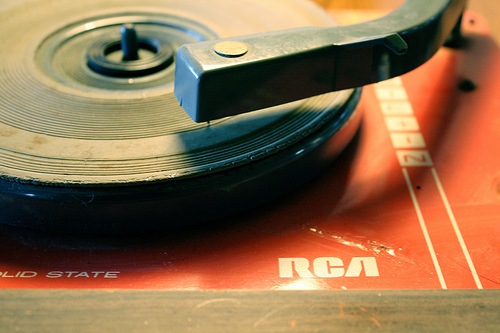
Listening To The Music Can Help You Relax
Music has charms to soothe the savage breast, said the English poet William Congreve in his seventeenth-century poem The Mourning Bride, although we're more likely to hear the quote as "Music soothes the savage beast." Whether the soothing is of the breast or of the beast, however, there is no doubt that certain kinds of music can reduce anxiety and induce relaxation to allow restful sleep. Traditional Korean medicine refers to the insomnia-related condition that music relieves as "hwa-byung," which is not just inability to fall asleep, but also anger, anxiety, and stuffy nose. Whether you are treating hwa-byung or just a garden variety of insomnia, the thing to remember about music therapy is that "noise" isn't as effective as music. If you ordinarily fall asleep to TV, a DVD, or the humming of a fan, try replacing them with pre-recorded music of limited duration and see if you don't wake up more refreshed after restorative, deep sleep.
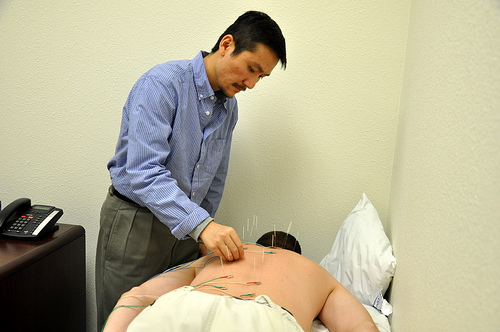
Acupuncture Can Tweak Your Energy So Insomnia Becomes a Thing of the Past
Acupuncture, the therapeutic practice of tuning the body's flow of the invisible but vital energy "chi" to bringing energy back in balance, can be surprisingly effective in preventing insomnia. (If you have not been professionally trained in acupuncture, it is definitely not a do-it-yourself health practice.) Modern scientists don't know for sure how it is that acupuncture works, but the same treatment can take care not just insomnia but also the nagging health conditions that perennially interfere with sleep. While acupuncture is not a home remedy, acupressure is. Acupressure is the gentle application of pressure at the same points professional acupuncturists place needles. Here's an easy acupressure remedy to remember when stomach upset is keeping you awake. Gently press the webbing of skin between either your thumbs and your index finger. Pressing this point helps distract your central nervous system from feelings of nausea, dizziness, and acid stomach.
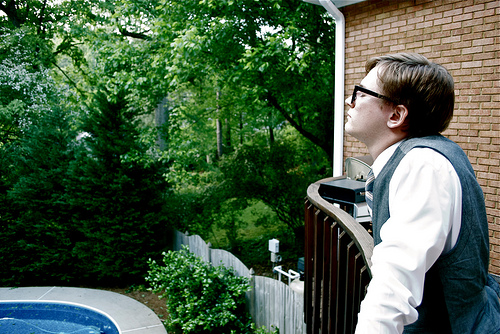
Develop Proper Breathing Techniques And Combine Them With Yoga Or Meditation
Learning yoga and/or transcendental meditation (TM) pays many benefits, including easier, deeper, rejuvenating sleep. But what if you just don't have the time to learn yoga and you don't have the attention span (or more precisely, non-attention span) to learn to meditate? You can always emulate a yoga practice known as pranayama. Simply breathe in and out intentionally, breathing out just a little longer than you breathe in. Take a deep breath in through your nose and hold it as you count 1-2-3-4-5-6, and let that deep breath out through your mouth (don't get this part backwards!) completely as you count 1-2-3-4-5-6-7-8. Do this maybe 10 times to get the feel of exhaling longer than inhaling, and your heart will automatically slow down and lower your blood pressure. Fewer heartbeats leads to less stimulation of the brain, less anxiety, and easier sleep.
- Important notification about information and brand names used in this slideshow!
- Photo courtesy of Creative Ignition by Flickr : www.flickr.com/photos/centermez/6958133262/
- www.drweil.com/drw/u/ART02037/sleep-aid
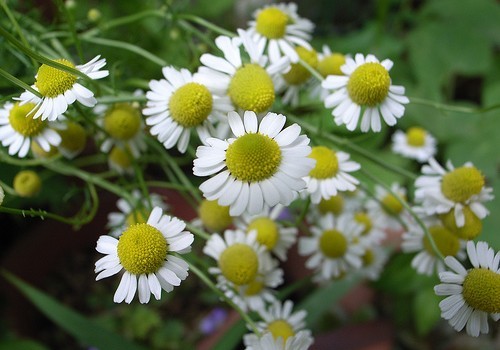
Chamomile Tea Smells Like A Dream
Chamomile tea is the favorite of mothers calming nervous children, and it is also a great way to take care of insomnia caused by allergies or stomach upset. This herb from the daisy family contains an anti-inflammatory chemical known as chamazulene that quells acid stomach, and a generous dose of a common plant chemical called quercetin that stops the release of the allergy-provoking chemical histamine from the tiny packets inside the cells lining the nose and throat in which it is stored. All of this is done without any of the side effects commonly associated with prescription sleeping aids, such as daytime sleepiness or loss of coordination. There is just one thing to remember when making your calming cup of chamomile tea. Never boil it. Heating the herb destroys the chamazulene and essential oils that make it effective. And don't store the dried herb in a hot place, or leave it on the dashboard of your card beneath the window when you are bringing it home from the store. Chamomile always has to be stored at room temperature or lower.
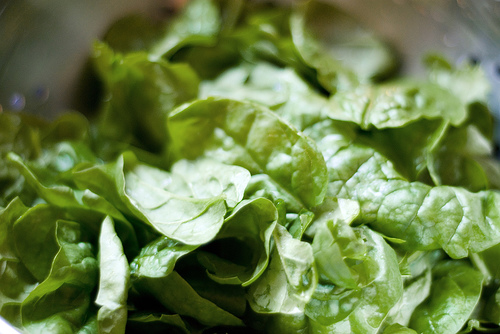
Foods That Contains Magnesium Are Very Helpful
There are lots of reasons to eat your greens. Getting better sleep is one of them. Green vegetables are a great source of the mineral magnesium. In the low doses your body needs to regulate the central nervous system, magnesium helps the brain "tune" itself to just the right level of awareness for optional responsiveness to the environment. The brain becomes not so active as to make you jumpy, but responsive enough that you can take charge over your life. It takes at least 2 servings of salad or leafy greens each and every day to prevent magnesium deficiency. If you just can't get your greens, take a magnesium supplement--but no more than 600 mg per day at most. Magnesium is the main ingredient in an over-the-counter constipation remedy called Milk of Magnesia, and taking too much can cause diarrhea.
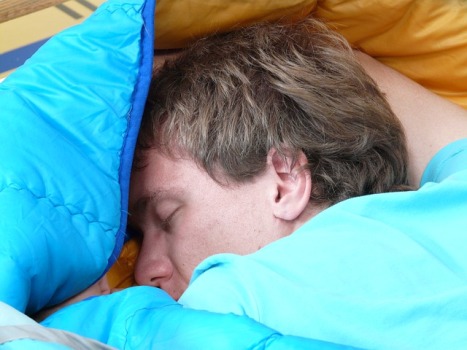
Get An Anatomic Pillow And Make Yourself Comfortable In Bed
Anatomic pillows are especially beneficial for people who choose to sleep on their sides. The pillow is sewn in a way that provides just enough support under the head to keep the spine straight. If you have degenerative disease of the cervical spine, or if you have chronic neck pain, or if you tend to tense up in the neck during periods of anxiety, an anatomic pillow may be just what you need. Just remember that the anatomic pillow works only if you sleep on your side, and you use one anatomic pillow, not two (unless you have extremely broad shoulders). The benefits of the pillow usually are obvious after the very first night you use it.
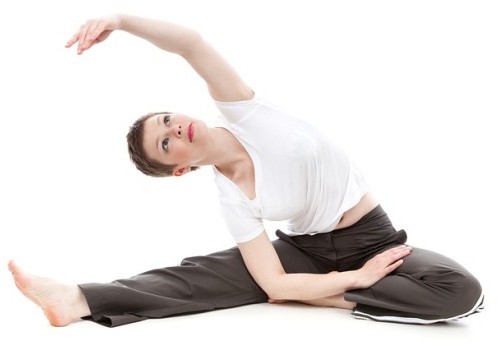
Exercise During The Day, So You Can Be A Little Tired When Going To Sleep
A hundred years ago, just about everyone did hard, physical labor all day long, and just about no one suffered chronic insomnia. Nowadays most jobs require very little physical effort, and making matters even more complicated, we are bombarded with mental stimulation from our always-on cell phones, Internet connections, televisions, DVDs, and city lights. It still helps to arrange to sleep in absolutely darkness. (Specifically, blocking any source of visible blue light helps your brain make the sleep hormone melatonin.) But if you can't block out visual stimuli, maybe you can schedule in time for exercise during the day. Any kind of exercise that (1) avoids straining muscles but (2) is strenuous enough to involve a little huffing and puffing will help you sleep better at night. Gentle aerobic exercise helps your lungs build greater capacity, so you are less likely to snore or snort, and less likely for your sleep to be disturbed by colds, flu, or allergies.
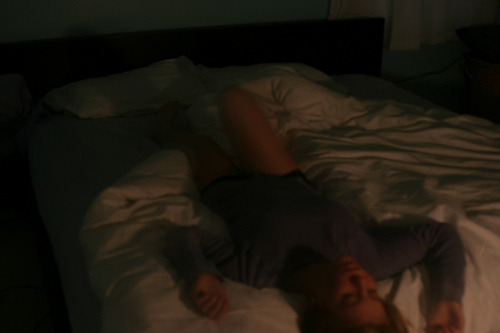
Darken Your Room And Wear A Sleep Mask
Darkness is the friend of deep sleep. The reason that we sleep best with all the lights out, and usually we sleep even better when we wear sleep masks, is that our brains need darkness to make the sleep-inducing hormone melatonin. The way the brain makes melatonin ensures that we wake up earlier in the summer and later in the winter. Just a tiny amount of visible blue light, the kind of light you see at dawn, shuts down the pineal gland's production of melatonin so we are more easily aroused from slumber. Our retinas are so sensitive to this wavelength of light that even if when we have our eyes closed, they can detect blue light, and we wake up. Even the light from a night light can be enough to interfere with normal sleep. But all it takes is an inexpensive sleep mask to allow your brain to make the melatonin it needs for you to enjoy restful sleep. Make sure the straps are not too tight, to avoid discomfort across your temples the next morning.




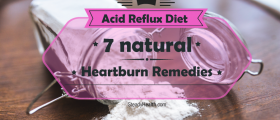
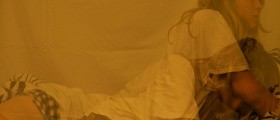

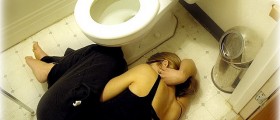





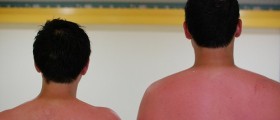
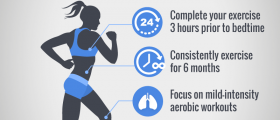
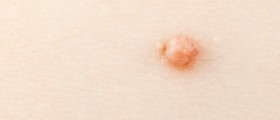

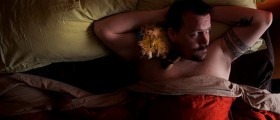
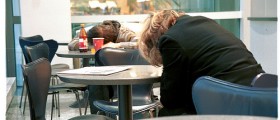
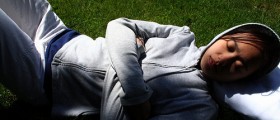
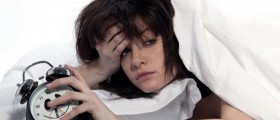




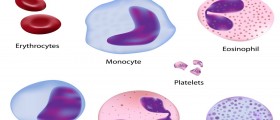
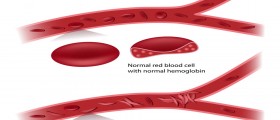
Your thoughts on this
Loading...